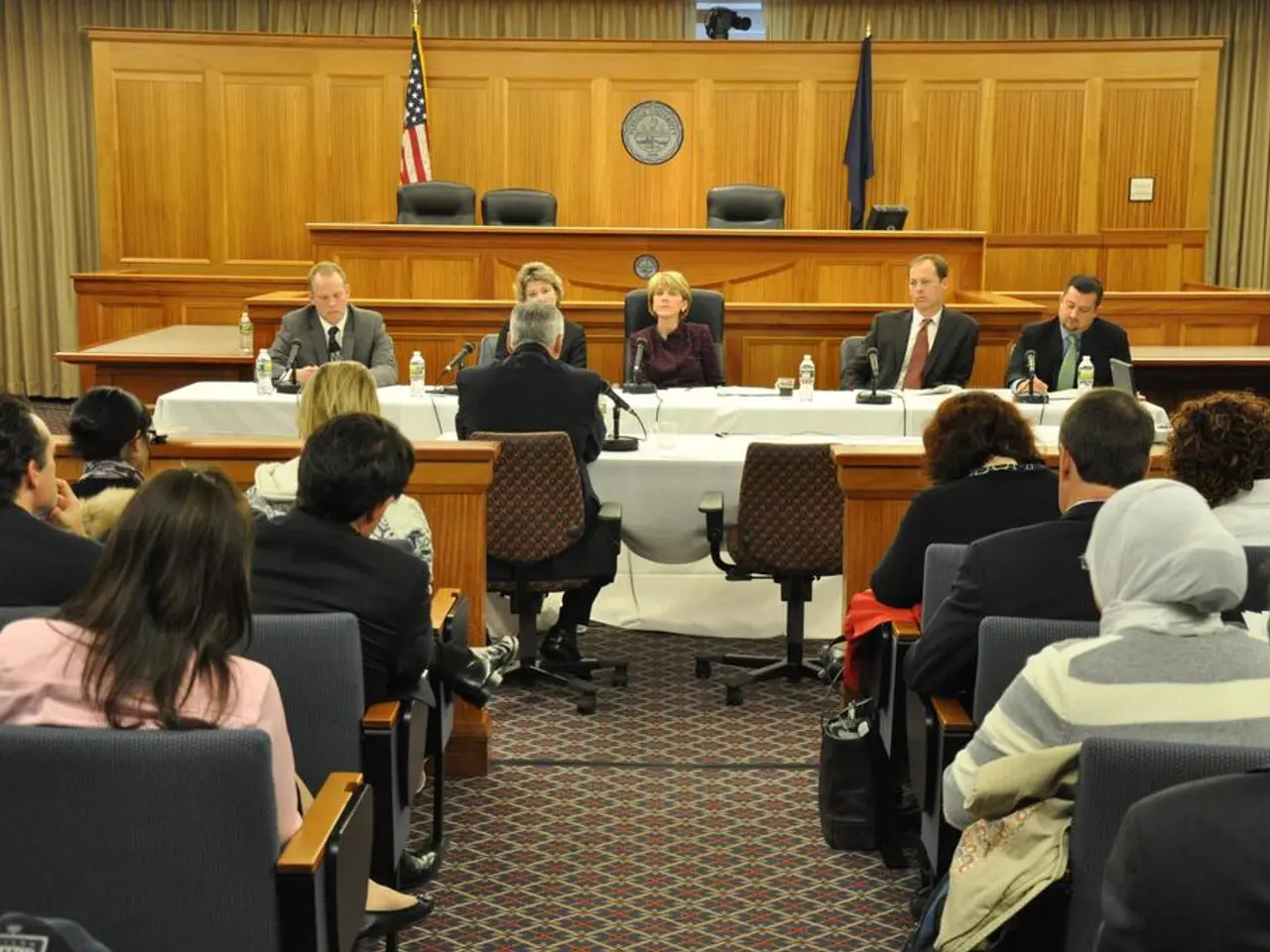Establishing a solid 'Korean embassy' in Washington, D.C.
South Korean President Lee Jae-myung and U.S. President Donald Trump are set to hold their first summit on August 25, 2025, in Washington, D.C. The meeting aims to develop a "future-oriented, comprehensive strategic alliance" to respond to the evolving international security and economic environment.
The summit will focus on strengthening the Korea-U.S. alliance, with key agenda items including security and defense cost-sharing, trade issues following a recent tariff agreement, and trilateral security cooperation involving Japan. President Lee is expected to visit around August 24, lay a wreath at Arlington National Cemetery, and stay for three to four days in the Washington area.
Addressing North Korean threats, including concerns about potential enhancements of North Korea’s nuclear and missile programs amid its cooperation with Russia, is a top priority for the discussions. Defense discussions are expected to cover South Korea’s possible increased contribution toward the cost of U.S. forces stationed in the country and broader modernization of the alliance in light of shifting regional dynamics.
On the trade front, the recent July deal reduced reciprocal tariffs between the two countries from 25% to 15%. South Korea has committed to significant investments in the U.S. market (around $350 billion) and major purchases of U.S. energy products (approximately $100 billion), with expectations of formal announcements regarding these commitments during Lee’s visit.
Regarding the U.S.-China tension over Taiwan, the summit is not directly linked to this issue. However, the emphasis on regional security and evolving alliances indicates concerns about broader geopolitical dynamics in East Asia, which likely include the Taiwan Strait tensions, given the strategic importance of the region and the U.S.’s focus on recalibrating its military presence.
Meanwhile, the U.S. Senate Foreign Relations Committee has approved a new bill regarding U.S. defense support for Taiwan. If passed, this bill could significantly increase U.S. defense support for the island. China's Foreign Ministry accused the United States of violating its commitment to the "one-China" principle on September 15, 2022, following this development.
Separately, the Korea-Japan summit is scheduled to take place on August 23 in Tokyo. Korea's foreign minister has stated that the Lee-Trump summit is unlikely to be delayed to next month.
[1] Yonhap News Agency [2] Reuters [3] The Diplomat [4] Korea Herald [5] Nikkei Asia
- The upcoming Lee-Trump summit will focus on international politics, particularly the evolving security and economic environment, with the Korean and American governments aiming to strengthen their alliance.
- South Korea's President Lee Jae-myung, during his visit to Washington, D.C. on August 24, is expected to address concerns about North Korea's nuclear and missile programs and the potential impact of possibly increased defense costs in the Korea-U.S. alliance.
- In a recent development, the U.S. Senate Foreign Relations Committee has approved a bill that might significantly amend U.S. defense support for Taiwan, adding to the existing tensions in the region between China and the United States.
- In addition to the Lee-Trump summit, a Korea-Japan summit is scheduled for August 23 in Tokyo, emphasizing the critical role of diplomacy in regional alliances.
- The Korea-U.S. trade agreement has seen a reduction in tariffs between both countries, and South Korea has made significant economic commitments, planning to invest around $350 billion in the U.S. market and purchase approximately $100 billion in U.S. energy products.
- The general news media outlets, including Yonhap News Agency, Reuters, The Diplomat, Korea Herald, and Nikkei Asia, will likely cover the Lee-Trump talks extensively, as they represent an opportunity to address crucial issues such as war-and-conflicts, policy-and-legislation, society, business, and arts.
- Amid the international discussions on relevant policies and ongoing issues regarding war-and-conflicts, it's crucial to analyze opinion pieces and columns to understand the impact on regional and global dynamics.







